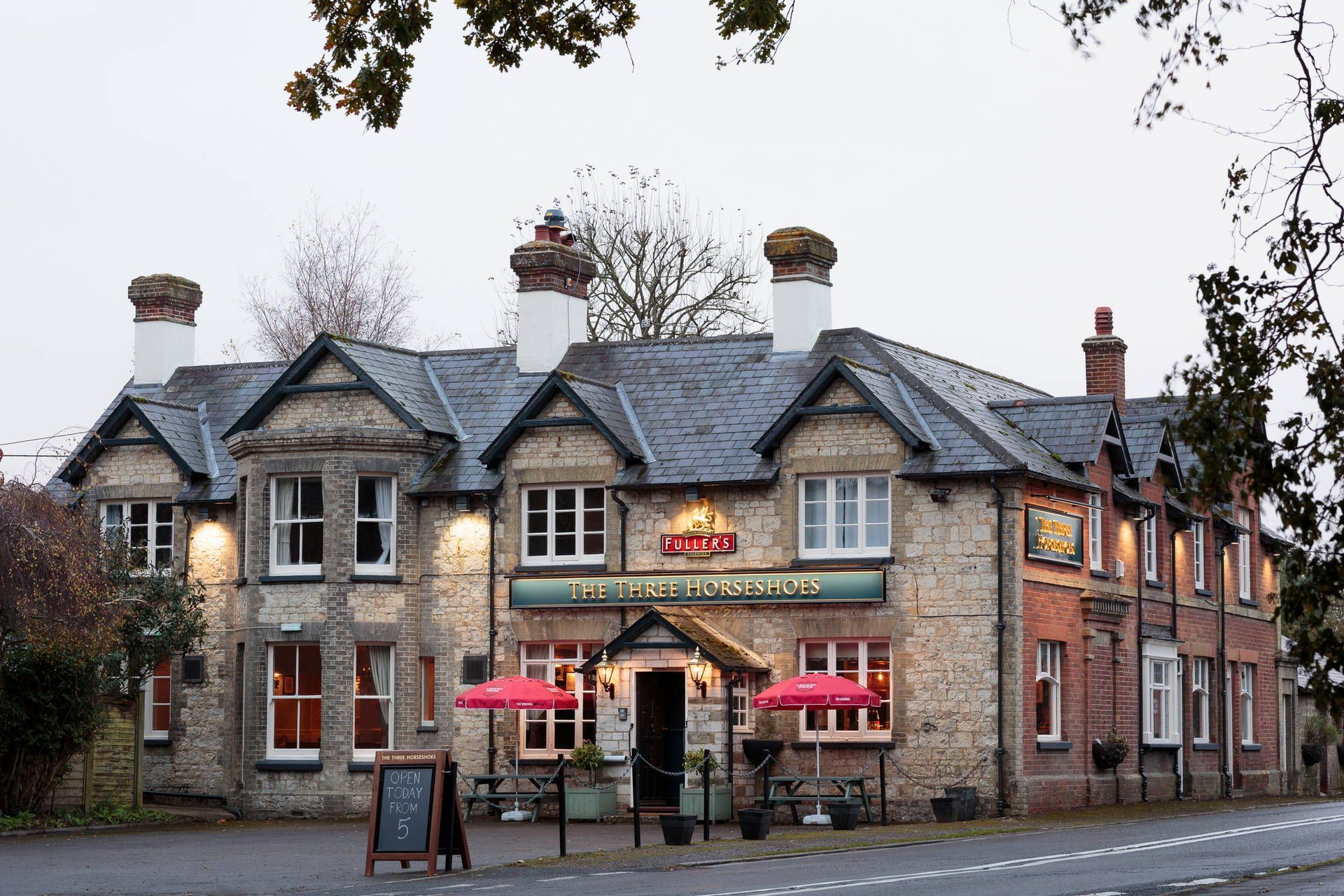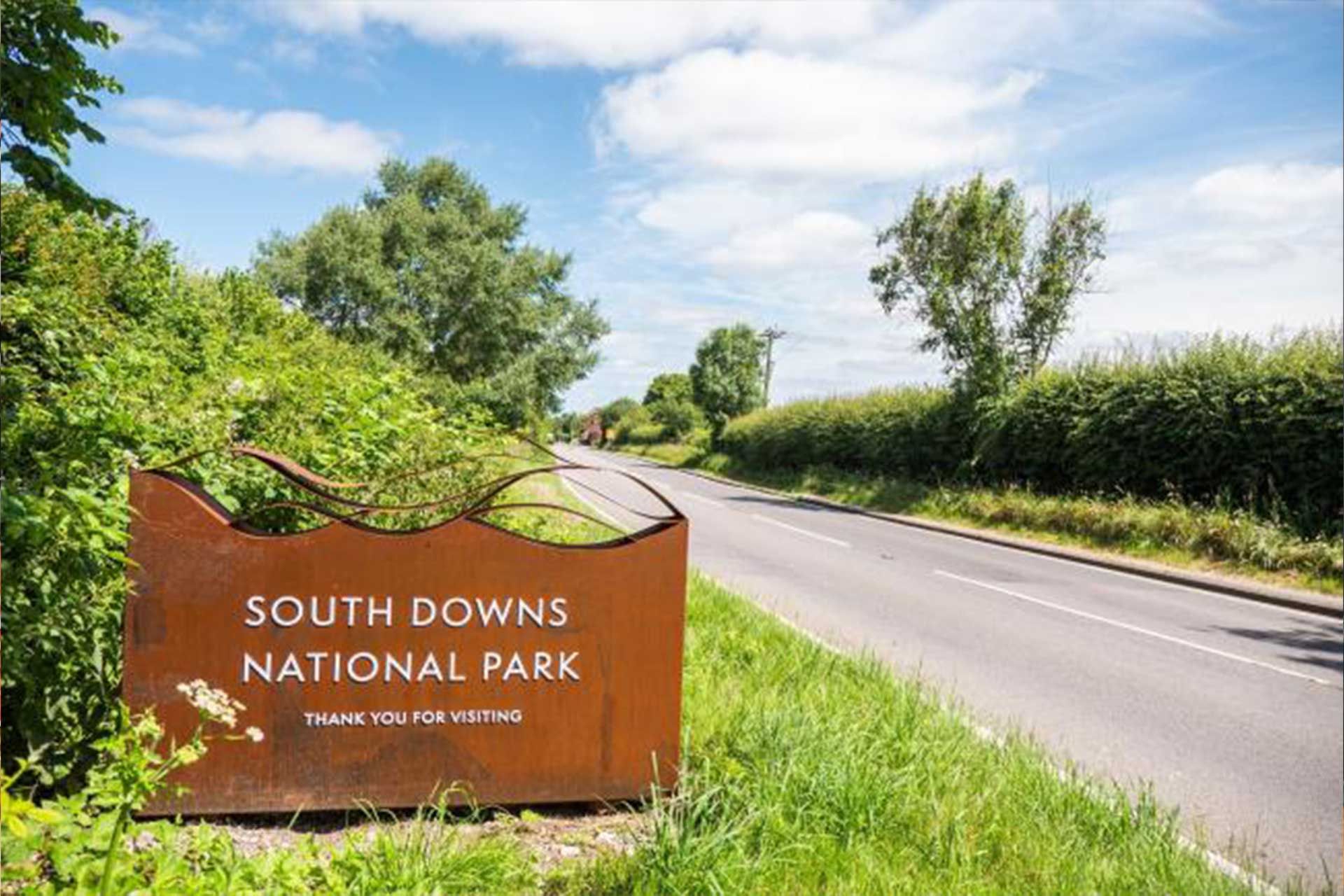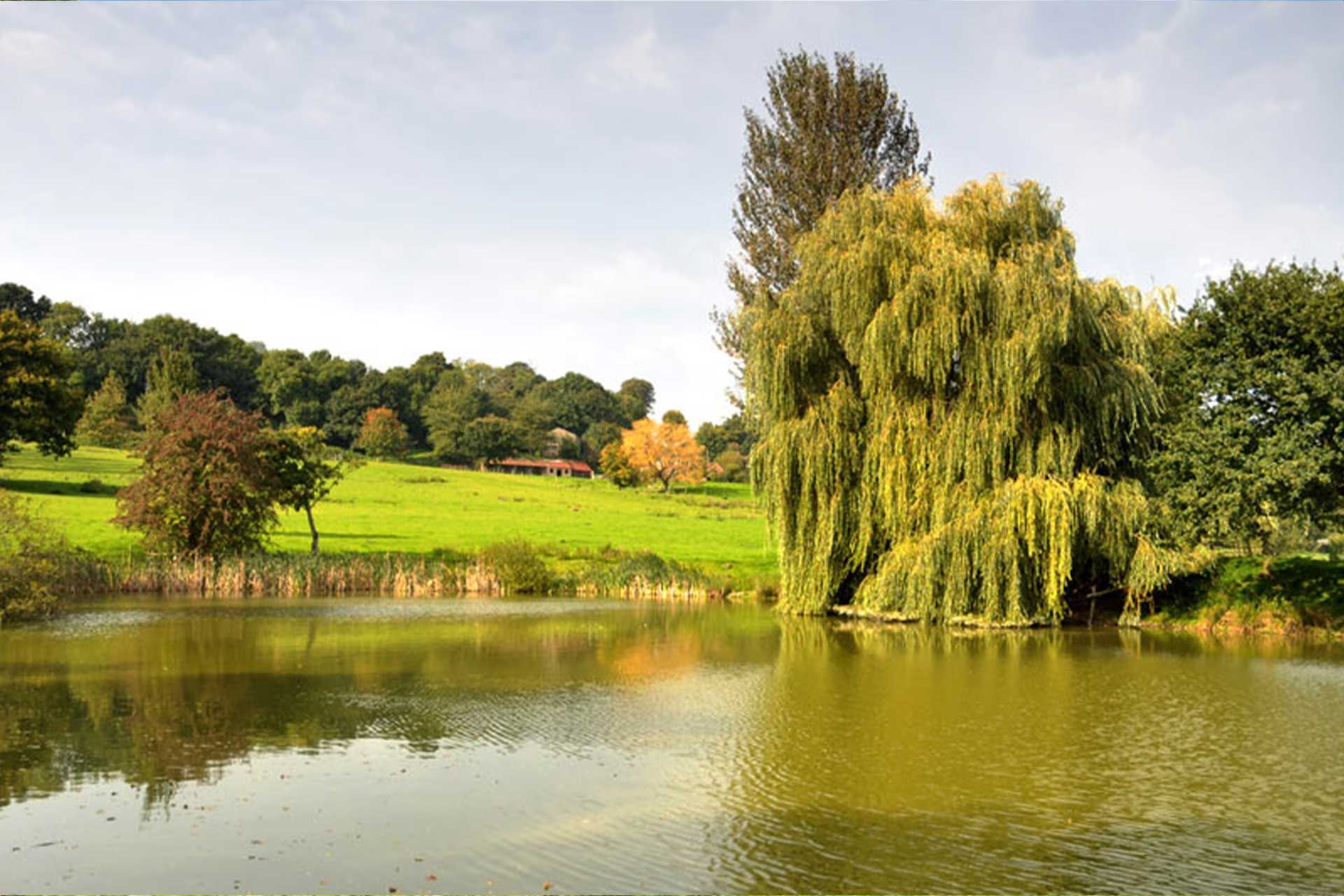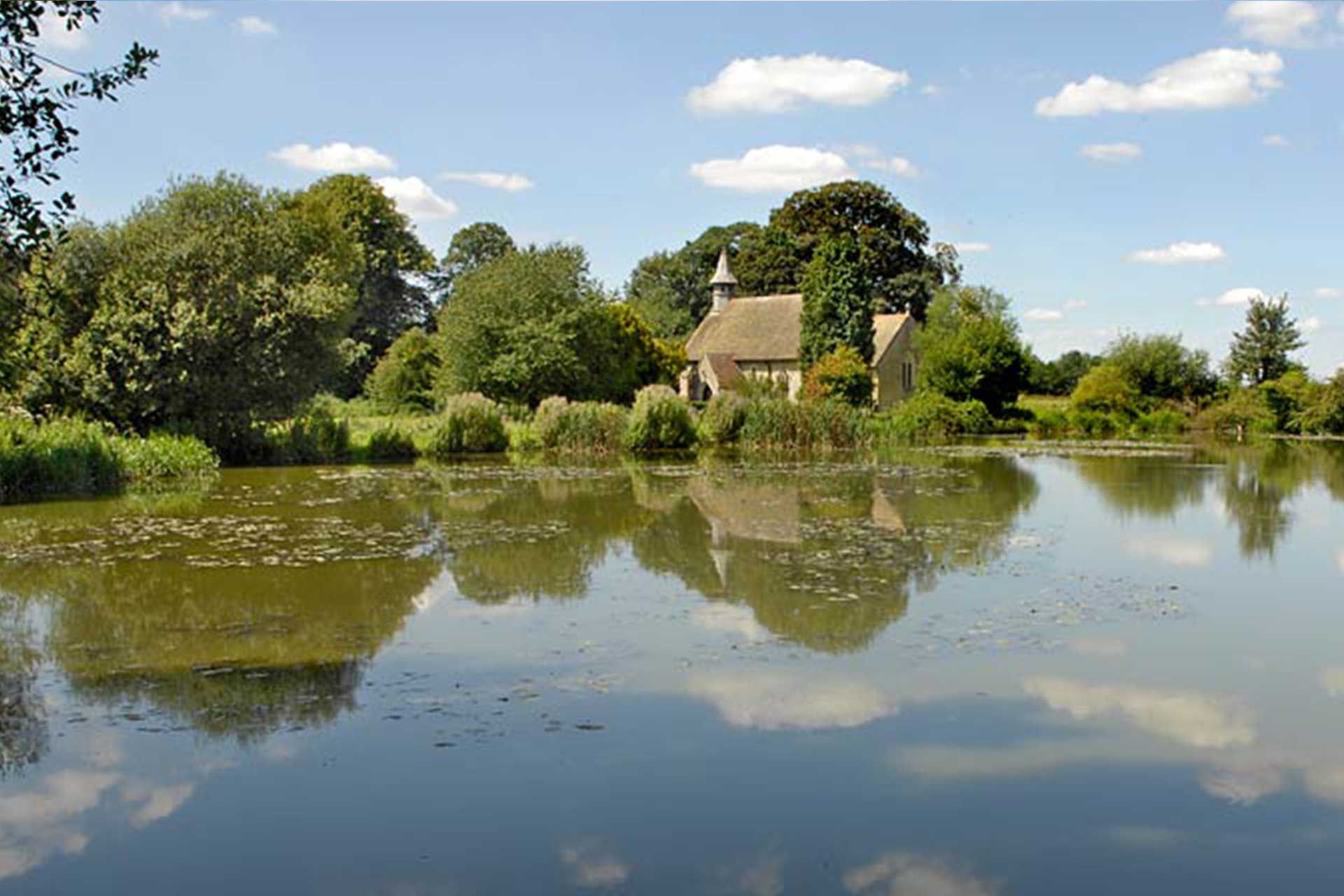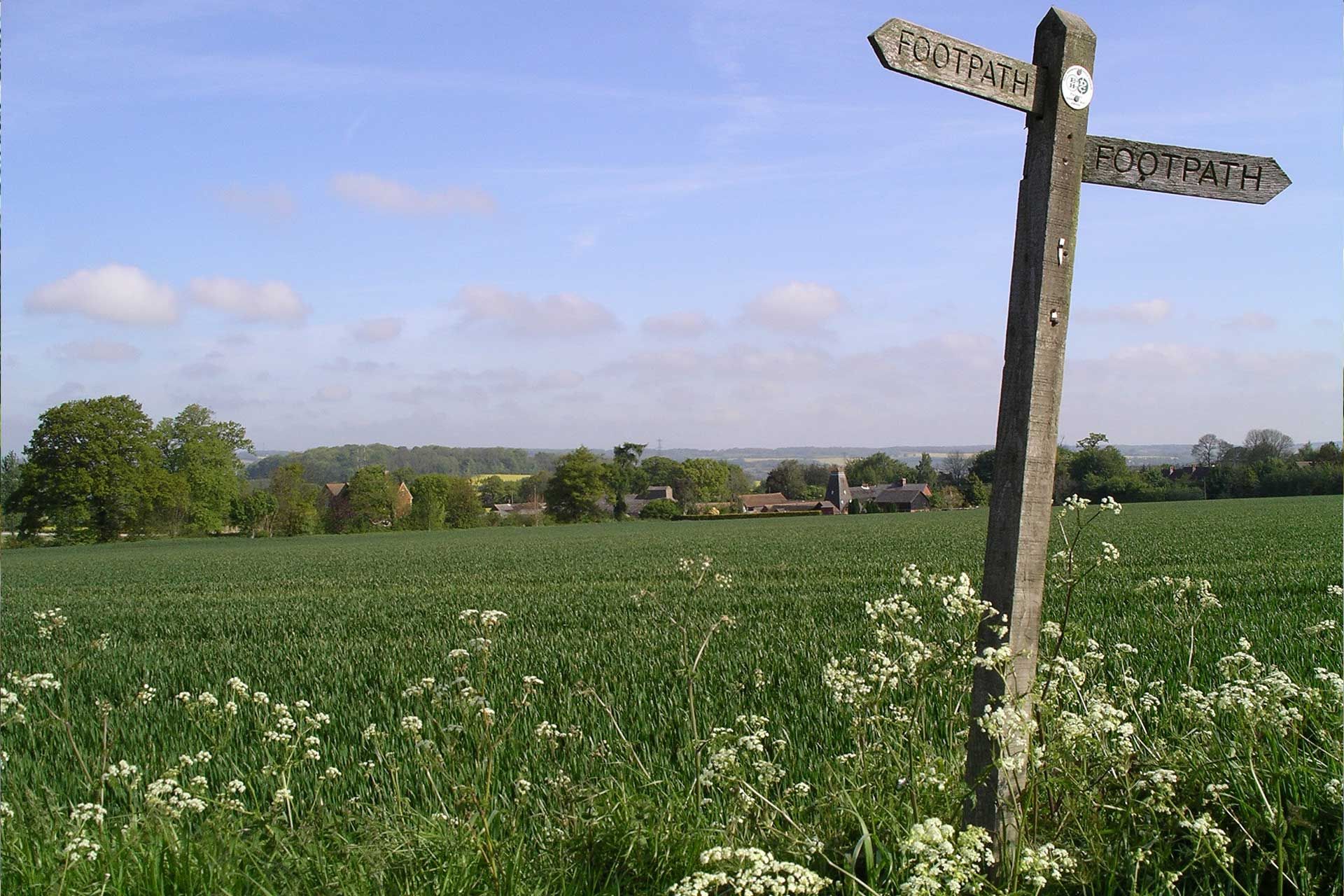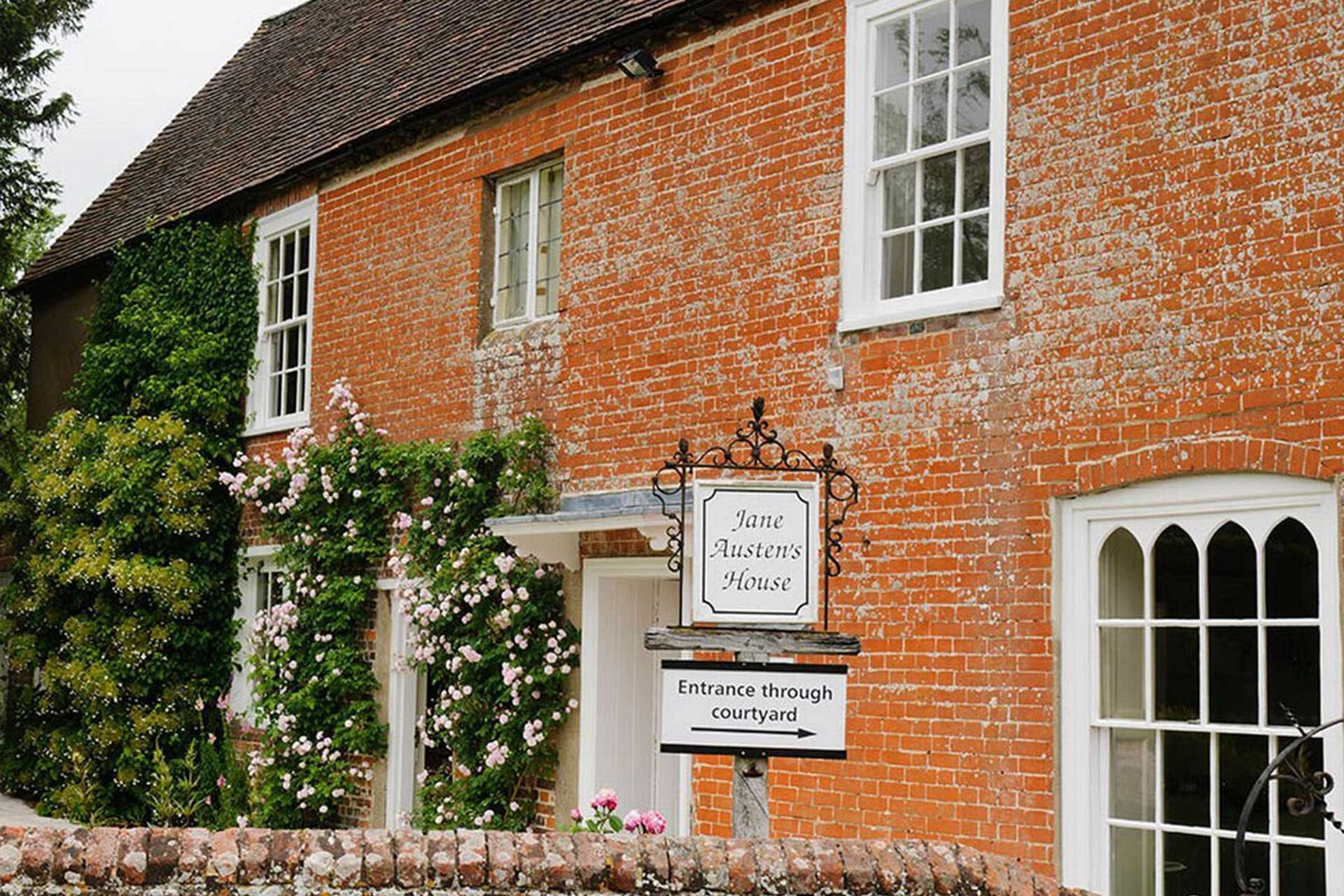Tucked away in the heart of the South Downs National Park in the picturesque village of East Worldham, The Three Horseshoes is everything a country pub should be - friendly, relaxed and charming. We’re proud to be a dog-friendly, local favourite, loved for our great food, good beer, and laid-back atmosphere.
Whether you're popping in for a pint, sitting down to a hearty meal, or staying the night, you’ll find a warm welcome waiting for you.
Mark, Alison, and the team can’t wait to share a bit of Worldham magic with you soon.
There’s no shortage of things to see and do when you visit us at The Three Horseshoes. Nestled in the South Downs National Park and just outside the historic market town of Alton, we’re perfectly placed for days filled with fresh air, local history, and family fun.
Explore the Great Outdoors
Whether you're after a gentle stroll or a full-on hike, you'll find walking trails of all kinds winding through the beautiful countryside around us. The South Downs is known for its rolling hills, peaceful paths, and stunning views. You can find a selection of routes of varying lengths here, including the three popular walks that start and end at The Three Horseshoes: https://www.walkalton.org.uk/walking-routes
Love nature? Head to Alice Holt Forest for woodland adventures, visit Frensham Great Pond for lakeside relaxation, or get up close to the animals at Birdworld. Feeling brave? Swing through the treetops at Go Ape!, just a short drive away.
Just down the road, Worldham Golf and Padel Club has something for everyone—from a fun 12-hole crazy-golf course to a full 18-hole parkland course, plus padel courts, a driving range and a golf simulator.
Step into Literary History
Fans of classic novels will love visiting Jane Austen’s House in nearby Chawton. It’s here that she wrote or revised many of her most famous works—Pride and Prejudice, Emma, Sense and Sensibility, and more - at the very desk still on display today. A short walk away, you’ll find the grand “Great House,” owned by her brother, where Jane often spent time reading, writing, and socialising.
Just 10 minutes in the other direction is the charming village of Selborne, home of the pioneering naturalist Gilbert White. His house and gardens are now a museum celebrating his life and work. White’s book, The Natural History of Selborne, has never been out of print since 1789 and even inspired the likes of Charles Darwin.
Discover Local History
Alton itself has a fascinating past—mentioned in the Domesday Book, built on the site of a wealthy Saxon settlement, and still home to treasures like the Anglo-Saxon Alton Buckle, displayed at the Curtis Museum. Step into St. Lawrence Church, where a fierce Civil War battle once took place—the bullet holes are still in the walls. Wander the High Street and you’ll find a weekly Tuesday market and regular community events that carry on traditions dating back to 1232.
Closer to the pub, archaeological digs between West and East Worldham show the area has been inhabited since at least the Palaeolithic era. The Iron Age hillfort on King John’s Hill dates back to around 100 BC, and the Roman road that once connected Chichester to Silchester still leaves its mark on local lanes. The village was even mentioned in the Domesday Book being referred to as "Werildeham".
And for a bit of Victorian charm, hop aboard the Watercress Line—a lovingly restored steam railway that once carried fresh produce to London. It’s a hit with train enthusiasts year-round, and is especially magical when it lights up at Christmas.
While the village of “Werildeham” is mentioned as far back as the Domesday Book, The Three Horseshoes has a slightly more recent - though no less colourful - history.
It all began with Henry Newman, the village blacksmith, who lived on the corner of Caker Lane and Blanket Street. Around the mid-1800s, he built a large house on that very spot. In the 1851 census, Henry listed his occupation as “blacksmith.” But on the same night, his wife’s niece Matilda Harris - staying in the house - described herself as a bar maid. A hint, perhaps, that beer was already being served from the Newman home.
By 1855, Henry had made things official and registered and opened a public house called The Three Horseshoes, referring to himself as both a blacksmith and shopkeeper. The original bar was in a room at the front of the house, next to what’s now the main road. (The entrance has since changed, and the old walled garden is now the pub’s front car park.)
For centuries, Winchester College owned the village and surrounding land, which was a lively farming community. An old Tithe Map from 1842 shows much of the land was used for pasture and crops- remarkably similar to what it is today. The big difference? Back then, hops were king and this prized crop was grown until as recently as 1996.
During the hop-picking season, hundreds of seasonal workers would descend on the village, camping out in tents and make-shift huts on the farms. At the end of each season, the road outside the pub would come alive with a horse fair - a local tradition that’s sadly faded into history. (Although… maybe it’s time to bring back the Hops Party?)
You can still spot the past in the landscape today—hop kilns dot the area, including the one that now forms the back wall of our pub garden and others that have been converted in luxurious modern-day homes.
Over the years, The Three Horseshoes has been run by a number of landlords, each playing a part and helping to shape its story. Thanks to the incredible support from locals and visitors, the pub was awarded a ‘Badge of Honour’ by CAMRA and officially recognised as an “Asset of Community Value.”
Then came COVID. And, like many other businesses, The Three Horseshoes had to close her doors. So, she sat, patiently waiting for a new beginning. And that is how she was found by the Evans family back in 2021 who saw something special in the shabby and neglected old lady and jumped at the chance to be able to bring her back to life, reopen the doors and welcome the community back into their pub. Today she is open once again – thriving, loved and ready to welcome you in to help write the next chapter of her story.

